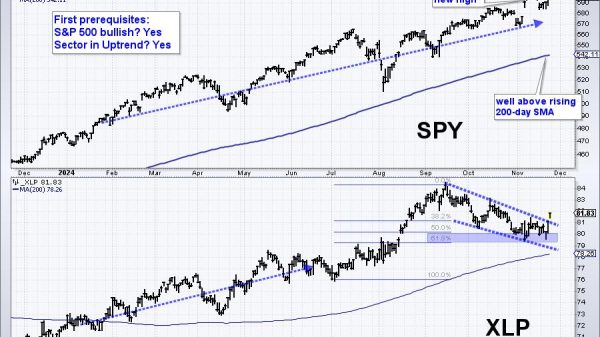Colin Grabow
In the wake of the deadliest U.S. fires in over a century that has left hundreds of structures destroyed and at least $1 billion in damages, Maui is facing a difficult recovery. Making that process even more arduous are protectionist U.S. policies that will inflate the cost of the island’s rebuilding effort.
One such policy that particularly impacts Hawaii is the Jones Act. Passed in 1920, the law restricts domestic waterborne transportation—including between Hawaii and the U.S. mainland—to vessels that are registered and built in the United States as well as mostly owned and crewed by Americans. Such measures significantly raise the cost of shipping.
The requirement that vessels be constructed in a U.S. shipyard, for example, means that the most recent containership built to serve Hawaii from the U.S. mainland had a price tag of over $225 million. In comparison, similarly‐sized ships can be purchased in South Korea for approximately $41 million. Even the barges that transport goods within the Aloha State, such as between Honolulu and Maui, are unnecessarily pricey.
In addition to being expensive to build, the vessels are also roughly three times more costly to operate than their internationally‐flagged counterparts. Further aggravating matters is very limited competition. Of the world’s approximately 55,000 commercial ships only 93 comply with the law, and just two shipping companies—Matson and Pasha Hawaii—dominate the Hawaii trade lane.
The inevitable result of mixing expensive ships with limited competition is inflated shipping prices.
That’s no small matter for islands that overwhelmingly turn to ocean shipping for transporting most of what they consume—including building materials. Indeed, Hawaii construction companies have cited shipping and the duopoly they must rely on to provide items such as drywall and screws as a cost driver. A 2020 report released by the Grassroot Institute of Hawaii pegged the Jones Act’s cost of real estate and construction services in Hawaii at between $54.4 million and $255.9 million annually.
Fortunately, there is a way to avoid this de facto Jones Act tax: buying products from abroad. Unlike goods arriving from the rest of the United States, imports can take advantage of less costly international shipping. That means lower costs for consumers and businesses.
Or at least it would, if not for yet further trade restrictions that offset at least some of the shipping savings.
U.S. “trade remedy” laws—antidumping and countervailing duties as well as safeguard measures that increase tariffs—significantly raise the cost of many materials that Hawaii will likely need in its recovery process. Among such measures currently in place: duties on hardwood plywood from China, quartz counters from India and Turkey, and steel nails from a host of countries.
Compounding matters are Section 232 tariffs on steel and aluminum and Section 301 tariffs on numerous products from China. Imposed by President Trump and continued by President Biden (albeit with some modifications in the case of steel and aluminum), both sets of tariffs have hit the construction industry and homebuilding products particularly hard. In the face of such tariffs, homebuilders are left with an unpleasant choice: continue with business as usual and pass along the added costs or develop new supply chains elsewhere—a process that adds time and costs as trustworthy new suppliers are identified.
On top of all this are the plain old regular tariffs imposed on a range of building supplies including copper nails (5.7 percent), floor and wall tiles (3.9–9 percent depending on material), and ceramic roofing tiles (13.5 percent).
Wherever the people of Hawaii turn, a protectionist policy seemingly awaits that will drive up the cost of rebuilding.
In the weeks and months ahead, there is sure to be plenty of discussion about how Washington can assist Maui’s recovery. A great place for federal policymakers to start would be by identifying government‐imposed obstacles to the island’s rebuilding effort and seeking their removal. Protectionist trade policies should be high on their list.























